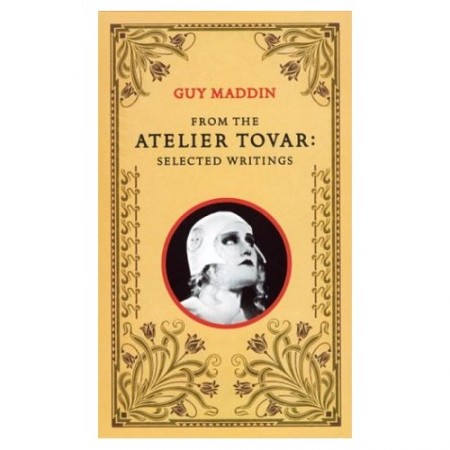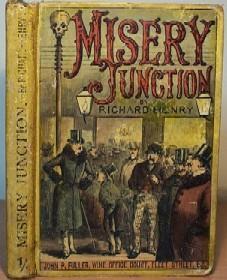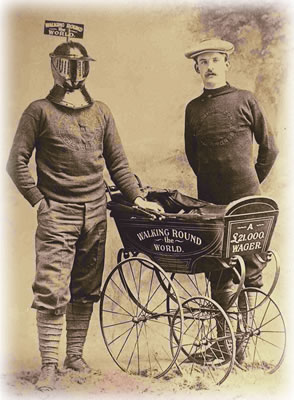I think the time has come for me to acquire a team of naked somersaulting emissaries…
In 589, a man went insane after being surrounded by flies in a forest near Arles., in France; two years later, he dressed himself in animal skins and made his way down to Gevaudon, in the Cevennes, declaring that he was Christ, and that he had the power to heal the sick… He began to accumulate an army of followers, which reached three thousand, and towns they approached were asked to acknowledge that he was Christ – which most of them did to avoid trouble. Approaching the town of La Puy, he quartered his army in halls and churches, and sent naked messengers to announce his arrival to Bishop Aurelius.
When the bishop saw these emissaries turning somersaults, he had no doubt that they were inspired by the devil, so, hiding his disgust, he sent some of his men to welcome the man who called himself Christ. They bowed as if to kiss the messiah’s knees, then dragged him to the ground and stabbed him to death. Without their leader, the followers quickly dispersed… but St Gregory of Tours, who records the story, adds that the messiah’s followers continued to believe in him until the day they died.
From The Devil’s Party : A History Of Charlatan Messiahs by Colin Wilson (2000)
Wilson, who knocks out books at a Pebbleheadian rate, can’t be bothered to provide us with footnotes and references (other than that allusion to St Gregory of Tours). I think by “Gevaudon” he means Gévaudan, which, intriguingly, was terrorised by man-eating wolf-like creatures between 1764 and 1767. Could it be that, clothed in his animal skins, the fly-maddened Christ returned after twelve hundred years as the Beast of  Gévaudan? I suspect this is highly likely, for as we all know, the Lord moves in mysterious ways His flies to swat away wonders to perform.




